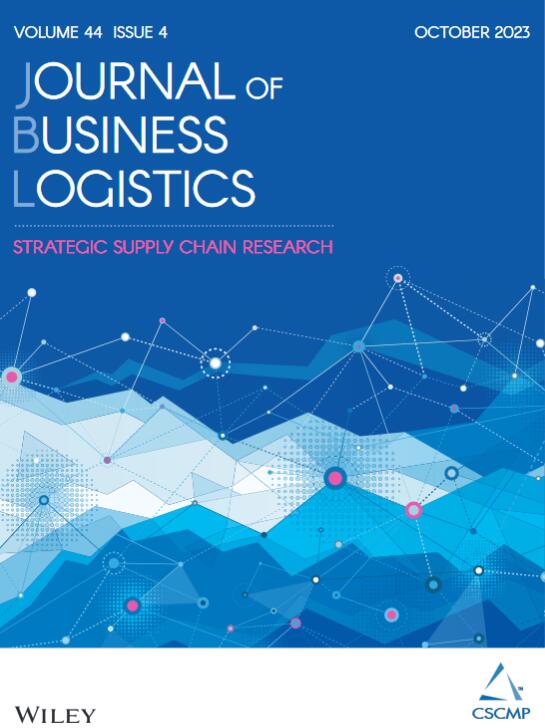Impact of Heterogenous Regulatory Environments on Adoption of Controversial Practices: The Case of Electronic Logging Devices in the For-Hire Trucking Industry
Abstract
New institutional theory (NIT) suggests that coercive policy mandates will yield relatively homogenous compliance behaviors, stemming from the assumption of a single powerful regulatory body. Furthermore, research examining temporal dynamics within NIT assumes firms will quickly comply in these environments. However, a nascent stream of research suggests these assumptions insufficiently account for regulatory environments that are subject to policy enforcement uncertainty. We contribute to programmatic theory concerning NIT by examining firms' responses to coercive yet heterogeneous regulatory environments by studying small- and medium-sized trucking firms' compliance behaviors during a unique natural experiment where some US states postponed enforcement of the electronic logging device (ELD) mandate in the US trucking sector. We find that while firms located in states that postponed enforcement deadlines experienced lower compliance efforts regarding the ELD mandate prior to the initial enforcement date, the impact of being in a postponed enforcement environment became less pronounced once other states began enforcement efforts. Results also reinforce the dominant role of firm size in shaping compliance behaviors, with larger-sized firms being less responsive to environmental heterogeneity. Results suggest a new boundary conditions for NIT and help inform the supply chain management literature on how firms respond to policy mandates.

 求助内容:
求助内容: 应助结果提醒方式:
应助结果提醒方式:


